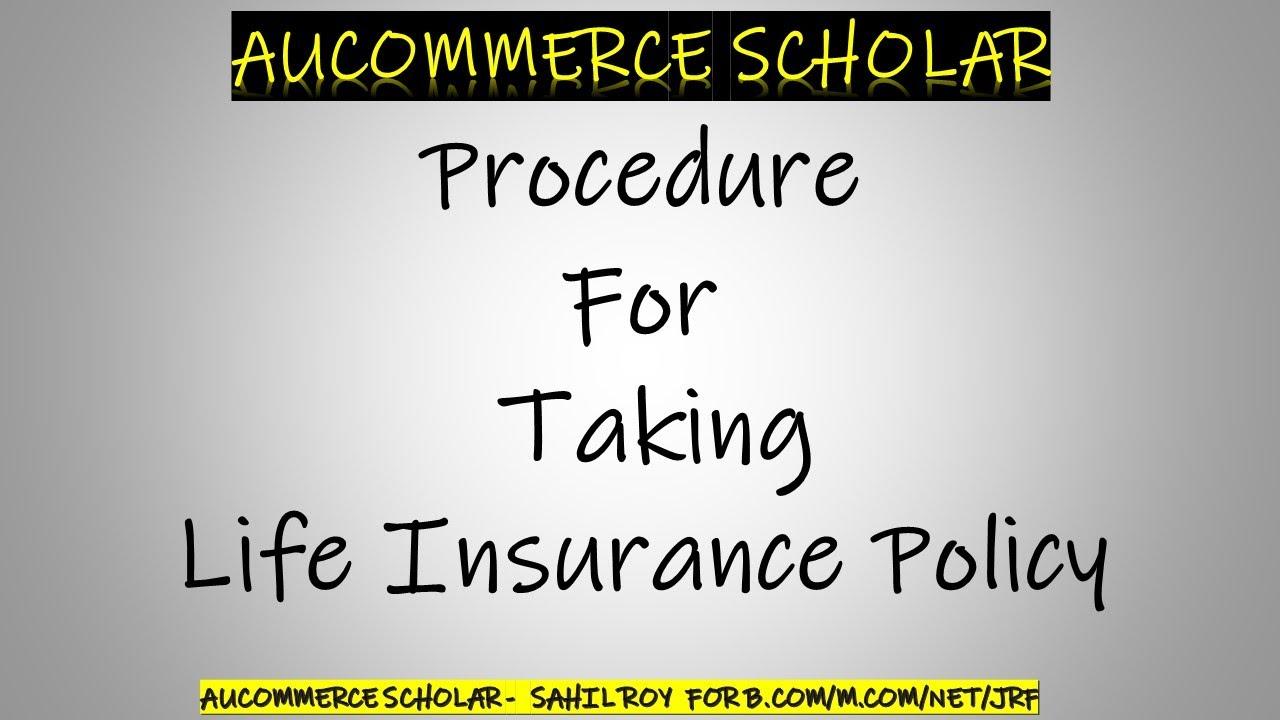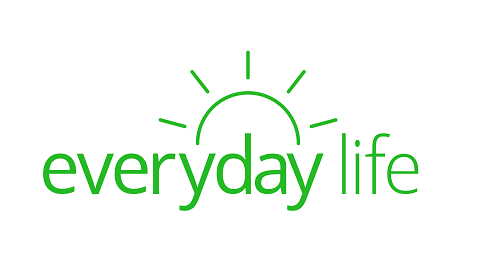Term or perm? It’s the age-old life insurance question. Term life insurance and permanent life insurance serve important purposes, but they’re intended for different needs.
Which one is right for you? Let’s review the differences between term life and permanent life insurance so you can make the right choice.
Term life vs. whole life
There are considerable differences between term life and permanent life. Here are the differences.
Length of coverage
The simplest difference to understand between term life vs. whole life is the length of coverage. Term life insurance has an expiration date and permanent life insurance doesn’t.
You choose the coverage’s length when you buy a term life policy. The term is usually between five and 30 years. If you outlive your term life policy, your beneficiaries won’t receive a death benefit when you die.
Meanwhile, permanent life insurance, including whole life insurance, lasts your life as long as you make your payments.
Features
Term life insurance is simple. You’re essentially paying to make sure your beneficiaries receive a cash payout after you die.
Permanent life insurance is a bit more complicated. The premiums you pay give you double the benefits found in a term life policy. A permanent policy includes both a death benefit payout for your designated loved ones and a living benefit, known as cash value.
The cash value portion of whole life insurance grows throughout the policy’s life and earns interest. You can borrow the cash value or withdraw from it, although you’ll need to make sure you don’t overdraw the cash value or it will be deducted from the death benefit you’re planning on leaving.
You can also add riders to your permanent life policy that lets you specialize your policy and even get benefits while you’re alive.
Life insurance costs
A term life insurance policy is much less expensive than a permanent life policy.
It’s difficult to average out exactly how much the price difference is due to the many factors that could affect your life insurance premiums, including health, age, term and amount.
Brett Wilson, vice president of risk and actuary at Ethos, says “an average whole life policy typically costs up to 10 times more than a term life insurance policy with the same coverage amount.”
Remember why — if you choose a permanent life policy, your loved ones are guaranteed a death benefit when you die and you can take advantage of the policy’s cash value while you’re alive.
Flexibility
In most cases, “carriers now allow their term policies to be converted to permanent coverage during the first several years,” says Bryan Bentley of Sacramento-area Bentley Financial.
Life conditions change — it’s nice to know you have the option to roll over your life insurance coverage into a more permanent solution without having to start over if the need arises.
Ease
Technology has made the life insurance process easier.
“What used to be an extraordinarily manual process that was both invasive and could take months to complete is now largely being automated,” Wilson says.
Especially in the case of term life insurance, you may be able to apply for term life insurance online and get coverage in a few days or less.
Wilson says life insurance companies can make easier underwriting decisions considering the data they’re collecting online.
“’Big data’ is shaping the world and how businesses make smart decisions and life insurance is no exception to that,” Wilson says.
When is term life a better choice?
Now that you have a better grasp of the difference between term life vs. perm life, let’s break down who might benefit from each type of policy.
Here’s when to choose term life:
- You want simple coverage and know exactly how much you’ll owe for the remainder of the term.
- You need inexpensive, temporary coverage.
- You have a high-risk job or will be involved in higher-risk activities for a limited amount of time.
- If you were to die during your peak earning years, you want to leave enough money for kids to attend college or to pay off your home’s mortgage.
- You’re the main breadwinner and need an affordable way to replace your income for a limited period to help your loved ones’ transition to life without you.
- You have better ways to invest your money by taking advantage of brokerage accounts, 401(k)s and IRAs.
When is permanent life a better choice?
Permanent life insurance is more complex and expensive than term life. You can think about whole life coverage, which is the most common type of perm policy, as a hybrid of permanent life insurance and a savings account.
Here’s when to choose permanent life:
- You want long-term coverage without worrying about an expiration date.
- Your family has a history of chronic hard-to-insure medical conditions that may affect you at a later age, such as cancer, diabetes or heart disease.
- You’d like a small amount of insurance to cover your funeral or pay off debt when you pass.
- You’ve maxed out your retirement accounts and have extra funds you can put into the policy’s cash value to earn interest.
- You want to make sure a disabled dependent is financially protected after you die.
- Your estate is worth more than $11.58 million per individual or $23.16 million per married couple and subject to federal estate taxes. The whole life policy’s death benefit could be structured to pay the excess estate taxes after you die.
How COVID-19 is affecting life insurance
The coronavirus pandemic has caused some industry changes that could work to your advantage at this time.
David Drea, a financial advisor at Morgan Stanley and a former Northwestern Mutual insurance advisor, says, “A lot more ‘accelerated underwriting’ is happening during the COVID times. This essentially means if your coverage amount is low, you’ll be accepted, maybe with a few riders here or there. If you have a tax ID number and can see your toes when you look down at them, you can pretty much get $150,000 of coverage easily now.”
Don’t put off life insurance. As Drea points out, insurers are observing social distancing and reducing extensive medical exams normally required for many types of life insurance. You may be able to lock in a good policy right now, even if you have some health struggles.











